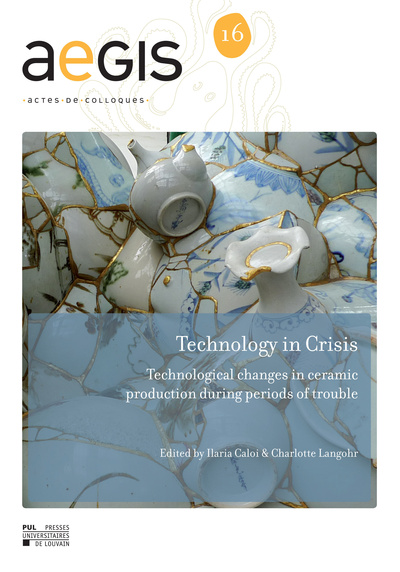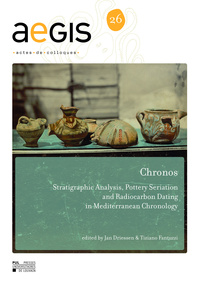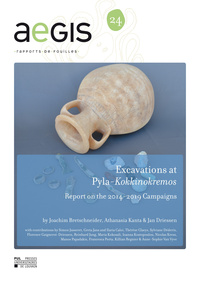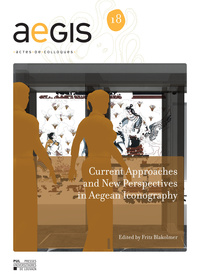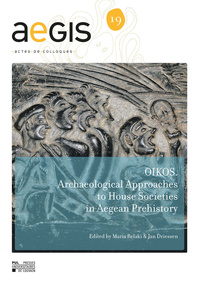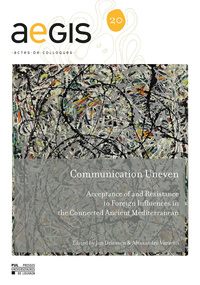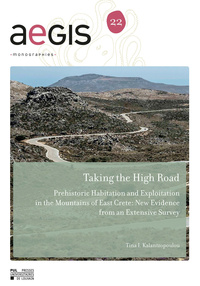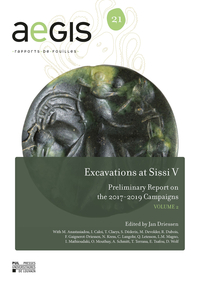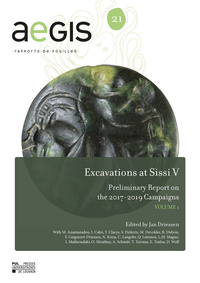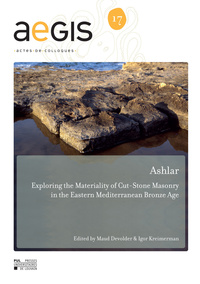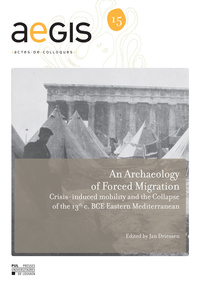Nous utilisons des cookies pour améliorer votre expérience. Pour nous conformer à la nouvelle directive sur la vie privée, nous devons demander votre consentement à l’utilisation de ces cookies. En savoir plus.
Technology in Crisis
Pu Louvain - EAN : 9782875587497
Édition papier
EAN : 9782875587497
Paru le : 6 avr. 2019
29,00 €
27,49 €
Disponible
Pour connaître votre prix et commander, identifiez-vous
Notre engagement qualité
-
 Livraison gratuite
Livraison gratuite
en France sans minimum
de commande -
 Manquants maintenus
Manquants maintenus
en commande
automatiquement -
 Un interlocuteur
Un interlocuteur
unique pour toutes
vos commandes -
 Toutes les licences
Toutes les licences
numériques du marché
au tarif éditeur -
 Assistance téléphonique
Assistance téléphonique
personalisée sur le
numérique -
 Service client
Service client
Du Lundi au vendredi
de 9h à 18h
- EAN13 : 9782875587497
- Collection : AEGIS
- Editeur : Pu Louvain
- Date Parution : 6 avr. 2019
- Disponibilite : Disponible
- Barème de remise : NS
- Nombre de pages : 238
- Format : H:210 mm L:297 mm
- Poids : 601gr
- Interdit de retour : Retour interdit
- Résumé : This workshop questioned the reliability of pottery as crisis indicator within the archaeological data set. More particularly, following the perspective of archaeological and anthropological research that assesses pottery technology as a social product, there is an interest in addressing the social and cultural aspects of technological change... This volume comprises the proceedings of a workshop with the same title which took place in February 2016 at UCLouvain (Louvain-la-Neuve, Belgium). It was organised within the framework of the ARC13/18-049 (concerted research action) "A World in Crisis?". This workshop questioned the reliability of pottery as crisis indicator within the archaeological data set. More particularly, following the perspective of archaeological and anthropological research that assesses pottery technology as a social product, there is an interest in addressing the social and cultural aspects of technological change in pottery production in the specifi c context of crisis and period of trouble. The main goal of our examination was to detect whether and how technological choices or changes observed in the archaeological ceramic record may refl ect periods of transition, disruption, crisis or change pertaining to social, political, economic and environmental conditions. We proposed to address these questions by bringing together experts in charge of the study of pottery at diff erent Bronze Age Mediterranean sites in order to discuss, confront and contextualise their respective assemblages and associated contexts. This two-day workshop emphasised that the majority of our case studies allow the identifi cation of continuous changes in pottery production systems, i.e. changes that do not evidence any clear cessation of transmission in potting practices. These are interpreted as indicators of periods of transition, of socio-political and economic transformation, rather than moments of crisis or disruption. On the contrary, discontinuous changes in pottery production systems have been observed in those contexts where new paste recipes and/or innovative forming techniques were introduced by foreigners and adopted by local people. Finally, the contributions also highlighted that our observations needed to be replaced in a broader contextual framework, especially in the case of the Late Bronze Age (13th-12th c. BC ) Mediterranean systems' collapse. Indeed, several archaeological contexts here examined have demonstrated a relative continuity of ceramic traditions at the 13th-12th c. BC transition, while other forms of transmitted technological knowledge had abruptly stopped.

